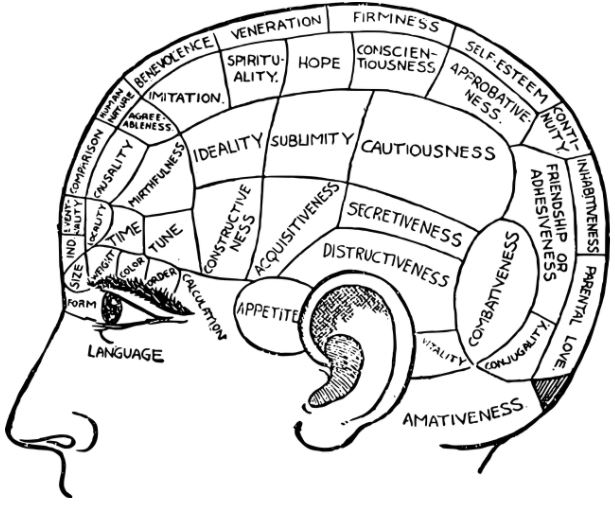 When it comes to self-care, we focus on our physical well-being. However, looking after our minds holds the same level of importance. According to numerous studies, good mental health leads to increased productivity, an improved immune system, and, most of all, a long, prosperous life. So, it would be best if you focused on maintaining your mental well-being just as you would on your psychical well-being.
When it comes to self-care, we focus on our physical well-being. However, looking after our minds holds the same level of importance. According to numerous studies, good mental health leads to increased productivity, an improved immune system, and, most of all, a long, prosperous life. So, it would be best if you focused on maintaining your mental well-being just as you would on your psychical well-being.
You can do multiple things to improve your mental health without ever needing to visit your psychiatrist/psychologist. However, we aren’t saying you shouldn’t. Still, incorporating these activities and changes into your everyday routines, such as improving your mood or exercising, will lead to better mental well-being. That said, without further delay, listed below are a few things you can do to improve your mental well-being.
Get professional help
We said that we’re not telling you not to get professional help earlier! Whatever people around you say, seeking professional help is not a weakness. It is a sign of strength. And one must remember that professional treatment will always be effective. Individuals who receive treatment to improve their mental health usually end up living healthier, rewarding lives. That said, the stigma around mental health is something patients will always have to deal with. However, we have to overcome this issue as our health comes first, especially our mental well-being.
Fortunately, psychology has garnered significant popularity recently, and the internet makes acquiring education in the field a lot easier for aspiring professionals. Individuals can complete an applied psychology degree online and begin practicing as mental health counselors and behavior analysts after obtaining licensure. The good part for you is that you have more options to choose from when seeking professional help. Selecting a counselor or therapist with whom you’re comfortable makes the healing process more effective.
Think positively
According to research, the way you think about yourself can directly affect how you feel. When you perceive yourself and your life negatively, you will perceive and do things that prove that notion. It would be best if you started using words that promote personal empowerment and a feeling of self-worth.
For instance, instead of saying things such as “I will not get that job, because I failed the interview,” say, “I wasn’t able to do well at the interview, but there is still a chance I might get the job.” Try to stay as optimistic as possible and look at life more positively to have more positive outcomes.
Follow a balanced diet
Whatever you eat directly affects your entire body, including your brain. Moderate consumption of good carbohydrates releases serotonin, a chemical that calms your mood. At the same time, protein-rich foods such as meat and beans produce tyrosine, dopamine, and norepinephrine, which help you stay alert. And fruits and vegetables contain nutrients that provide fuel to your cells, including those that release mood-regulating chemicals inside your brain.
So, you must follow a balanced diet that consists of 10-30 percent fat, 45-60 percent good carbohydrates, and 10-35 percent protein. Also, include foods that contain omega-3 polyunsaturated fatty acids (flaxseed, nuts, and fish). These foods help to restore your brain cell’s functionality and improve your overall mood.
Get a good night’s sleep
When you sleep, both your body and brain repair and recharge themselves. Without a good night’s sleep, your body and brain won’t function the way they are supposed to. In fact, tons of studies show that sleep deprivation can negatively affect your mood and your ability to do things.
So, try going to bed on time every day, and ensure you’re consistent in doing so. Turn off your TV and mobile phones at least an hour before bedtime. And use your bed only for relaxing activities or sleeping. Furthermore, never consume caffeinated beverages before going to bed. Leave them for the morning!
Incorporate exercise into your routine
Your body usually produces mood-boosting and stress-relieving chemicals known as endorphins after doing some physical activity. Because of this, physical activity is considered an effective cure for mental health conditions like depression, stress, or anxiety.
Look for easy ways to incorporate physical activity into your daily routine, like going for a short walk on your break or taking the stairs instead of the elevator. Also, ensure that you’re performing at least 30 minutes of exercise daily. Moreover, try to take your workout sessions outside to get your daily dose of vitamin D as it helps produce serotonin. Not to mention, spending some time outdoors is an excellent stress-reliever.
Try something new
Trying something new is a perfect way to move away from your everyday boring life. If you have a bucket list, get off your butt and try to tick off activities from it, whether it’s going on vacation to Disneyland, hiking, or snorkeling.
That said, do your research and look for cost-effective ways to bring your favorite activities to life. According to a study, experiences leave a more significant positive effect on your mind than possessions. So, pack your bags and go on a wild adventure to boost your mood and overall mental health.
Conclusion
Now that you know a few tips to improve your mental health, what are you waiting for? The power to impact your emotional health and resilience will always be in your hands. It is now time to make your mental well-being a priority and make the best use of this power to ensure you never fall into a mental health crisis.











